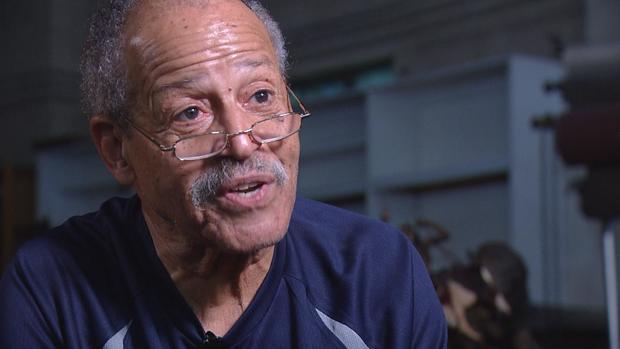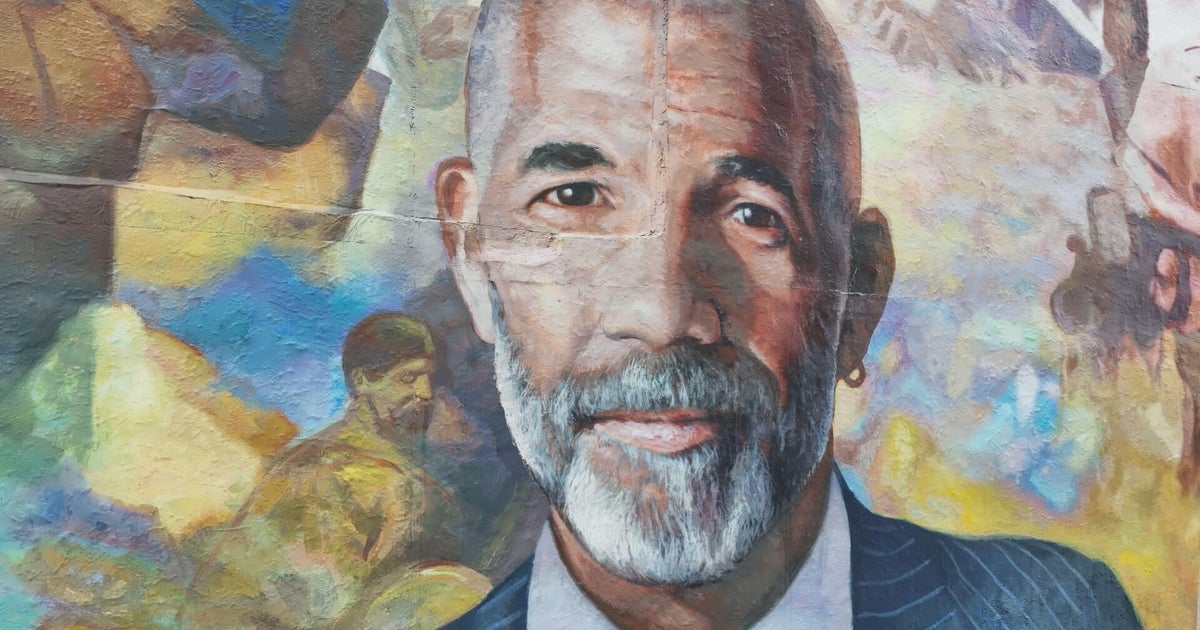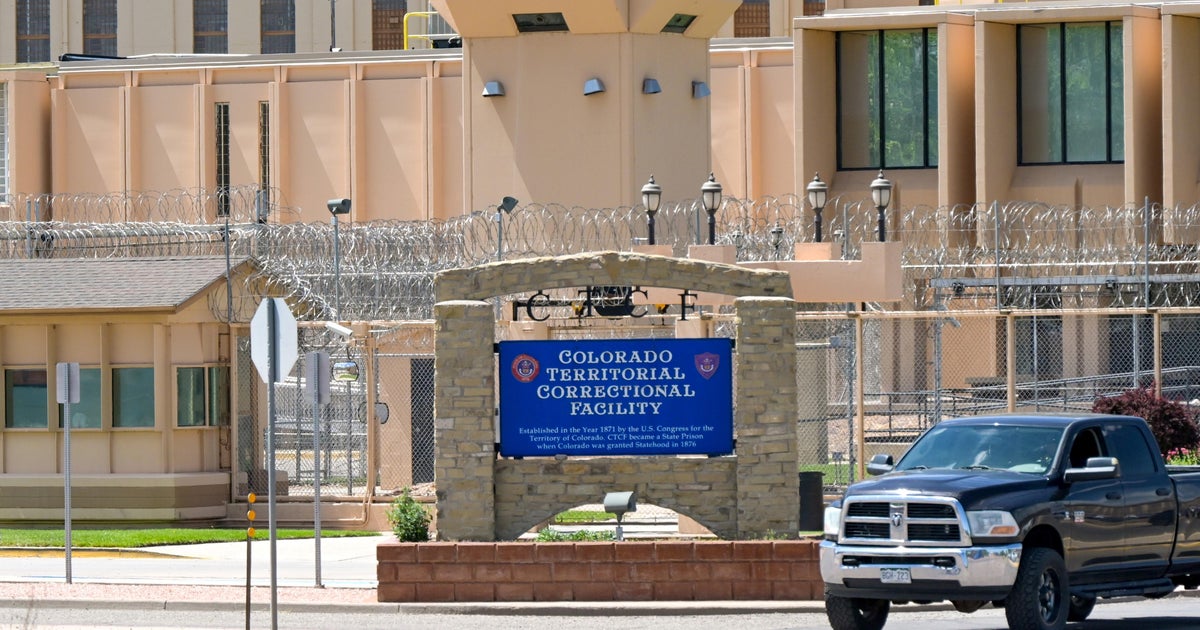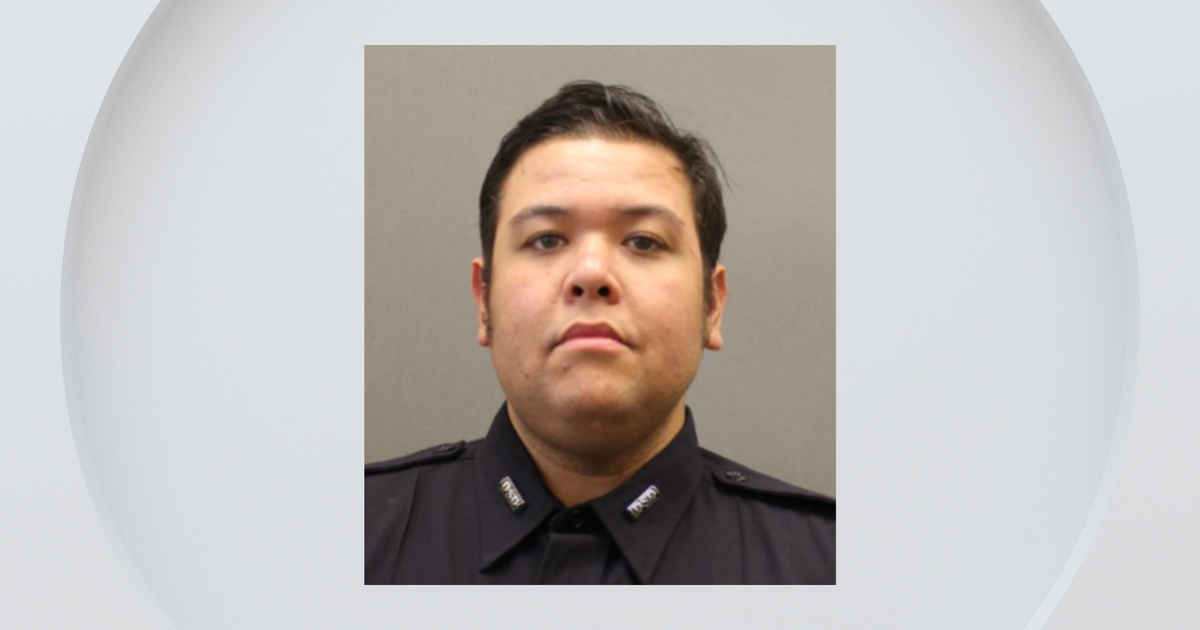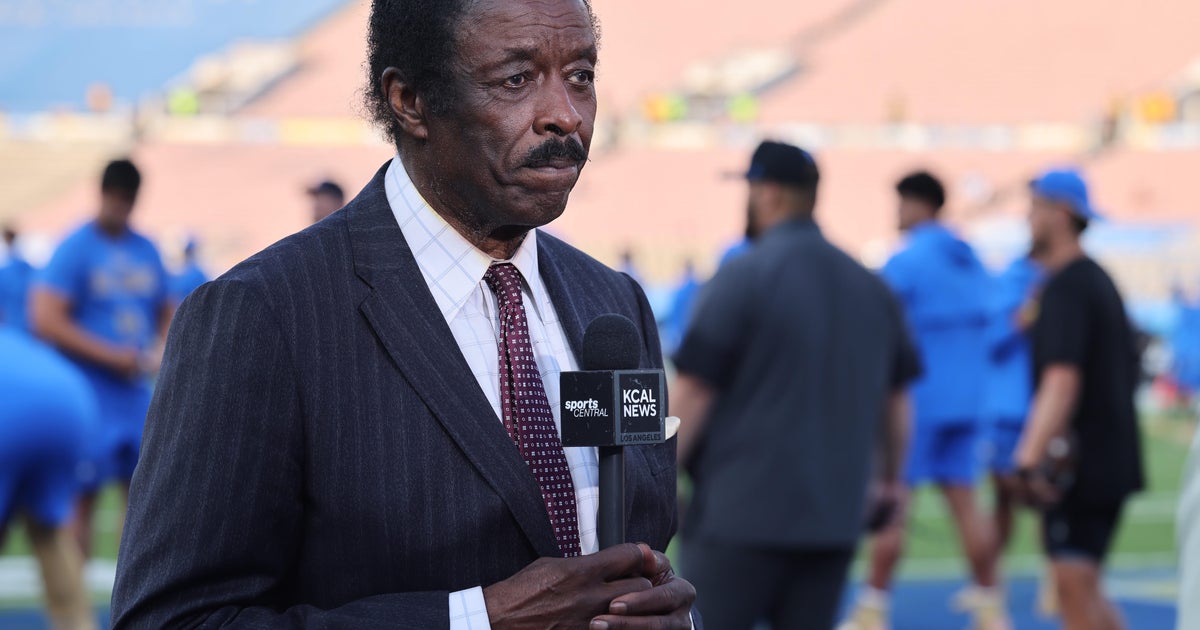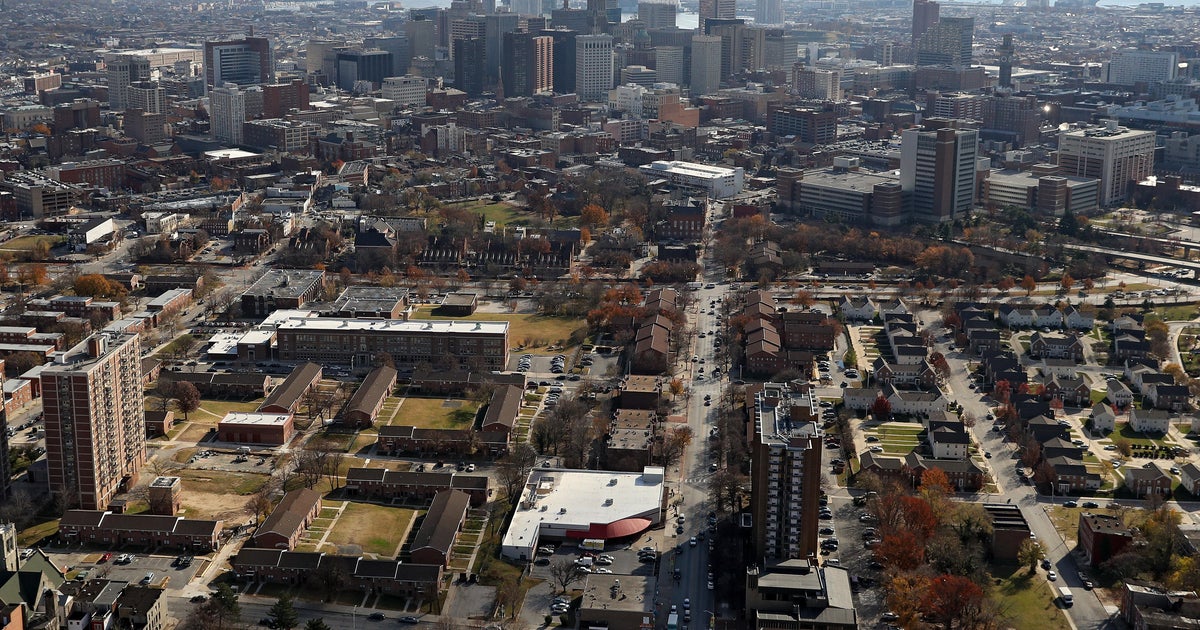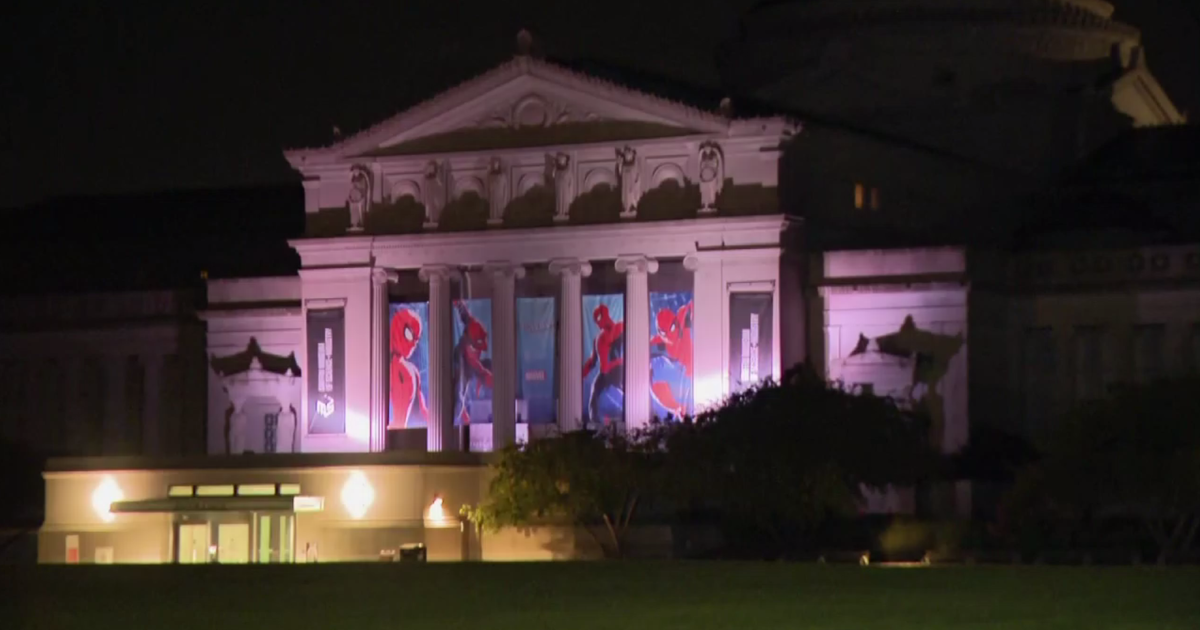Up Until JFK's Death, Denver Sculptor Ed Dwight Was Poised To Be First Black Astronaut
DENVER (CBS4) - On Saturday NASA will celebrate 50 years since a man walked on the moon, an accomplishment that started years earlier as the United States and Russia raced to be the first to send a human to space. In the middle of that mission, Ed Dwight, a prominent Denver sculptor was set to become the first black astronaut.
"What people don't know is art was my deal and engineering was my sidebar," Dwight chuckled.
Today he is busy sculpting iconic black figures into beautiful bronze statues, but go back nearly 60 years and he was one of those figures.
"I got this letter asking me if I wanted to or if I would consider going to experimental test pilot school and becoming the first Negro astronaut and I thought it was crazy," he said.
After President John F. Kennedy in handpicked him 1961, Dwight left a budding military career to join the astronaut-training program.
"Here's the front page of the base newspaper saying that I was going to do all this magic stuff and I was going to the moon and I was getting all this publicity and I hadn't done a damn thing yet," Dwight laughed.
Happening at the height of the civil rights movement, Dwight says there were plenty of people who disagreed with the push to get him into space.
"They have seven of these guys and they became the world's heroes and so now within two years, two years later, the president comes up with putting a black guy in the middle of this," he said.
On his own in training, he says he was the target of discrimination and racists attacks.
"After 50 years of thinking about it, it was crazy," he said.
Crazy or not, it did not keep him from graduating and making him ready for space.
That year's astronaut class did not include Dwight but was confident it was coming until everything changed.
"Kennedy still had the masterful control over all this so I felt I had a savior. So I'm not going to be out of this, whether I went with that group or not it didn't matter to me, but that changed on Nov. 22, 1963, when he got killed," he said.
Dwight never made it to space and left the military. He moved to Denver where he worked for IBM, ran a restaurant chain, was a successful developer and eventually found his way back to his first passion: art.
Today he celebrates NASA's accomplishments with everyone else, but has a different perspective on that leap for mankind.
"I kind of revel in," he said, "not because I had anything to do with it at all, but you know it's a landmark thing about what man can do if he wants to do it."
Dwight wrote a book about his experience and is featured in a Rocky Mountain PBS miniseries about the anniversary called "Chasing the Moon."



